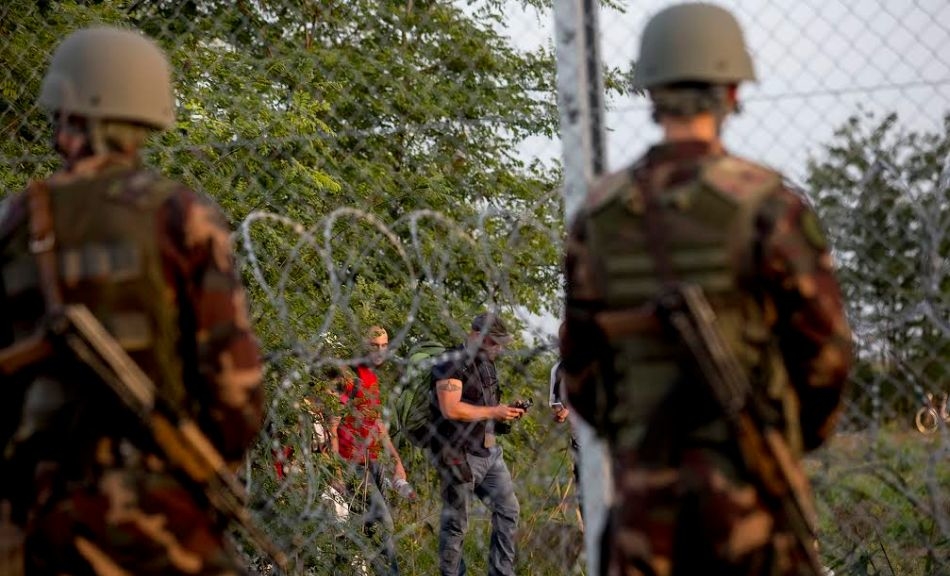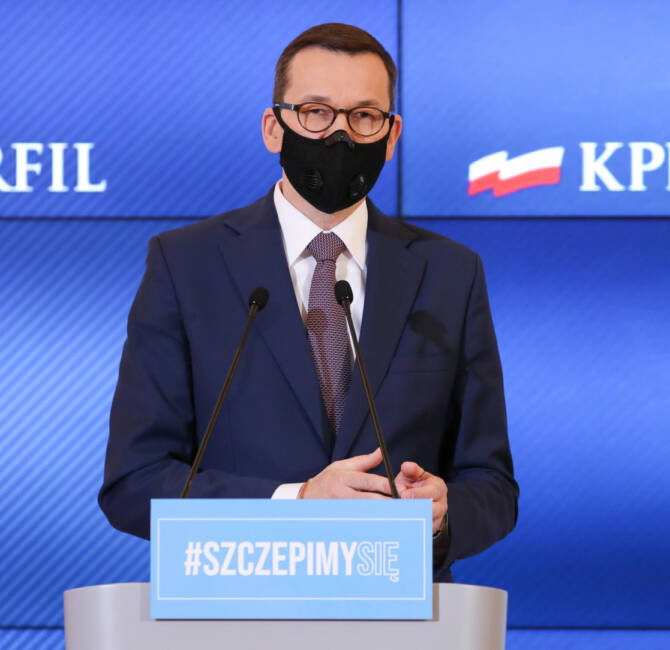By Thibaud Cassel.
Part 1/3 here! – Part 2/3 here! – 3/3 – Part 3: Romania on the wire – The Celebration of the centenary of modern Romania on December 1, 2019.
The “evil wind” coming from the East, denounced by the French President, could well sweep away the – already flaky – Liberal varnish of Romania, and even weaken its grip on the West of the continent. In a context of profound political recomposition, what is the place for an exceptional country, both Latin and Eastern at the same time, of 20 million inhabitants?
Cross-cultural season and zeitgeist
Romania has been cultivating an interested friendship with France since her emergence as a modern nation. This echoes today through the fact that the two countries were organizing on the occasion of the centenary of 1918 a “cross-cultural season”, made of temporary exhibitions from one end of the continent to the other. This event was inaugurated in Paris on November 27, by the Romanian and French Presidents, Klaus Johannis and Emmanuel Macron. This was a unmissable opportunity to measure the deep gap that separates the instigator of the Springtime of the Peoples in 1848 from the variegated hexagon of “La République en Marche !” (“The Republic on the move!”, Emmanuel Macron’s party, Ed.); but also an opportunity to gauge what Romania can bring to a Europe in end-of-cycle.
Romania and the West
On November 27, Klaus Johannis stuck himself to celebrate “the common history and privileged relationship between France and Romania”, while the French president gratified the assistance with his complex thinking, alternating commonplaces and absurdities. “Culture is one of the cements of our Europe,” he said in the post-cultural setting of the Georges Pompidou Museum, before adding that “the language of Europe is translation”. The event was not about cultural soft power, for which France is admirably endowed, but was a Liberal-Libertarian mantra least likely to cultivate a real Franco-Romanian fraternity. When a country stops having some esteem, regardless how peripheral it may be, one can only anticipate that it will soon cease to fear; Emmanuel Macron’s France is giving way to more determined actors.
Take advantage of the American-German tussle?
The timid reorientation at work for two years in Romanian politics is to find the sense of national interest: if “America first”, then “Romania first” too. We have recently seen the US government take up the cause for the current Romanian government, while Germany supports the opposition. These frictions between two major Western powers offer unexpected room for maneuver in Bucharest. The country is in the German economic orb, but above all in the American strategic orb: not only considering her border situation with Ukraine and Moldova but also in the Black Sea with the uncertain evolution of Turkey. But today Romania has nothing to lose, or at least not much anymore to give up. To the point that the taxation of banks and foreign multinationals, the refusal of poor quality products flooding its market, etc. are among the options (finally) seriously studied at the last National Council of the Social Democratic Party (PSD) in power, last December 16.
Romania and Visegrad
The repositioning of Romania within the West can be compared to that of Poland and other central European countries: Americanophiles, though firmly anchored to the German economy. The countries of former Eastern Europe must cooperate in order to matter. The rallying of Romania to the dynamics of the Visegrad Group proves to be essential for the affirmation of a complete actor on the European scene, that is to say, able to follow a European agenda that is not that of Berlin, nor that of Washington.
Romania is presiding over the European Union in the first half of 2019, and it is in Sibiu that the post-Brexit European summit of May 9, 2019 will be held. This momentary passage in the first row could protect Bucharest from a too virulent ostracism.
An illiberalism coming from the Left?
The political vigor of the countries of Central Europe has re-rooted itself into populism in recent years – that is to say, into democracy. But populism needs vector to succeed. In this sense, it can not be born of an abolition of the right-left cleavage, although it must ultimately lead to it. In Romania, it is the PSD that captures popular aspirations and intends to defend “those from somewhere” against “those from nowhere”. Despite the political vicissitudes (split, fusion and change of name), the PSD remains the main heir to the Communist Party of Nicolae Ceausescu. The “illiberal” turning point in Romania is therefore not initiated, as in Hungary and Poland, by the right. This evolution rests largely on the shoulders of Liviu Dragnea. Deputy Prime Minister from December 2012 to December 2014 and President of the House of Representatives since December 2016, he has been holding even more power from the presidency of the PSD he has been assuming since the summer of 2015.
Romanian pragmatism at work
The Romanian PSD, an important member of the Party of European Socialists (PES), can play a significant role: to undermine Liberalism from the Left as Orban’s Hungary scuttle it from the Right. The flair of the Romanians for the opportune end of reigns could be sensitive to the ever more feverish climate in the run-up to the European elections of May 2019. The stake for the Romanian Left? Do not run with the Titanic of the Liberal Left, turn its back on a derisory and disqualified ideology and rely on the Romanian electorate, tired of the quasi-colonial exploitation of the country. To apply Nietzsche’s pitiless maxim: “That which is ready to fall, shall ye also push!”. This Byzantine versatility, Romania gets it wonderfully.
Towards an alternative Left-wing force in Europe?
The Romanian situation is not unique. This is the case in several peripheral European countries: in Portugal, in Denmark in another way and of course in the CEECs. We can also associate the movement Aufstehen, launched by the German Sarah Wagenknecht inside Die Linke. But the surest partner of this trend, and its forerunner, is no doubt the 5-Stars Movement (M5S) in Italy. Gathered outside the Socialist (PES) and Leftist (GUE) groups at European level, these political forces would play a necessary role in drying up the reserves that the Liberal center always finds on its left to free a majority. If such a platform would emerge in the context of the European elections, no doubt that it would strengthen up during the 2019-2024 term of office of members of the radical Left that current events disillusioned. The case of Djordje Kuzmanovic provides an exemplary case: this spokesman of “Unsubmissive France” has resigned to protest the Leftist and Communitarian drift of the party, unable in his eyes to get out of the Liberal net. Fortunately, European policy opens the field to new perspectives.
Translated by the Visegrad Post.




